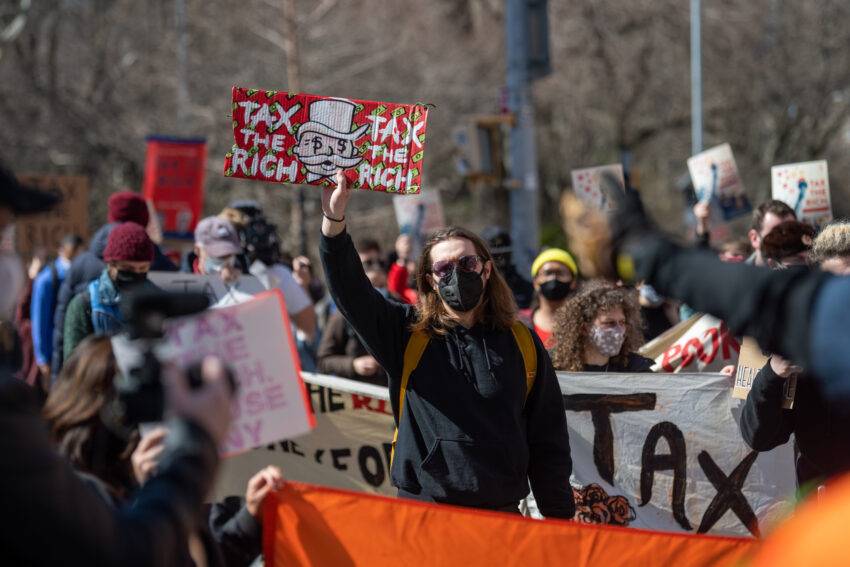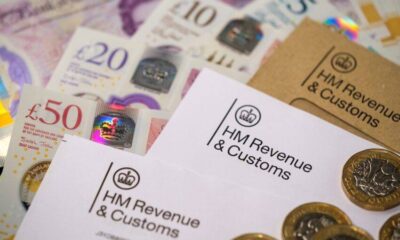Business
Britain should celebrate the rich and not tax them out of the country

In many parts of the world, wealth is celebrated and admired. This is especially true in Asia, Africa and the United States, where the ethos of the ‘American Dream’ fosters the belief that hard work and ingenuity can lead to fortune.
This pursuit has propelled the US to become the most dynamic economy in the world. Yet in Britain and much of Europe, especially in northern countries such as Norway and Sweden, there is growing distrust and hostility towards the wealthy.
Misconceptions about the rich
The super-rich are often portrayed as social villains responsible for inequality, tax evasion and even undermining democracy. This image is common in the media and movies, where billionaires are often depicted as greedy, morally questionable characters who exploit legal loopholes to avoid taxes. As a tax attorney with over 25 years of experience advising the wealthy, I can offer a different perspective on these popular myths.
Myth 1: The rich pay lower taxes
A common myth is that millionaires pay a lower effective tax rate than their cleaners. This misconception stems from misunderstandings about how the tax system works. In Britain, general income, such as income and interest, is taxed at higher rates than dividends. Although dividends face a top rate of 39.35%, they are taxed twice: first at the corporate level and then again when received by shareholders. This can result in an effective tax rate of up to 54.85%, compared to the 45% rate for general income.
Capital gains, another significant portion of wealthy individuals’ income, are taxed at rates between 10% and 24% for all taxpayers, with no special lower rates for the wealthy. For example, an individual with an income of £1 million, divided between earnings, dividends and capital gains, would pay an effective tax rate of 38.1%. In contrast, someone with an income of £50,000 would pay an effective rate of 10.3%. The richer you are, the more tax you pay, both in quantity and effective rate, which reflects the progressive nature of our tax system.
Myth 2: Tax evasion is widespread among the wealthy
Another myth is that paying taxes is voluntary for the wealthy, thanks to their access to top tax lawyers who exploit loopholes in the law. However, real loopholes are rare, and any loopholes are offset by HMRC’s ‘General Anti-Abuse Rule’. Aggressive tax avoidance schemes are not only unethical, but also largely ineffective under current regulations.
Myth 3: Non-Doms take advantage of tax loopholes
The idea that non-domiciled individuals (non-doms) are exploiting tax loopholes is also misleading. The non-dom regime has been part of the UK tax system since 1799 and is not an unintentional loophole in the law. Non-doms contribute significantly to the UK economy, paying an average of £123,000 in tax each year. In total, non-doms contribute almost £8.5 billion in UK taxes, excluding additional business-related taxes. While Britain is gradually abolishing this system, countries such as Italy and Greece are introducing their own non-dom regimes to attract wealthy foreigners.
The contributions of the rich
Overall, the top 1% of taxpayers in Britain pay almost 29% of all income tax, while the top 10% pay 60%. These contributions finance essential public services, including healthcare. Without these taxpayers, the financial burden on the rest of society would be significantly higher.
Changing the story
It’s time to change the narrative around wealth. Instead of vilifying the rich with terms like “filthy rich,” we should celebrate their success and contributions. Recognizing the positive impact of the wealthy on our economy and society could foster a more supportive environment that encourages prosperity and innovation.













